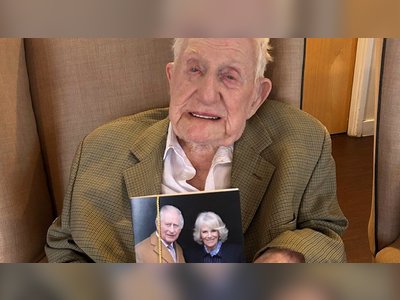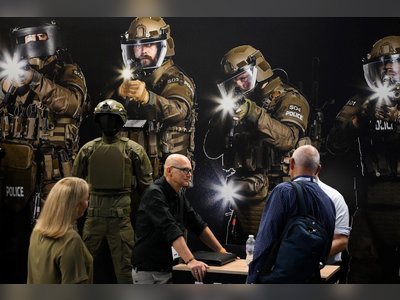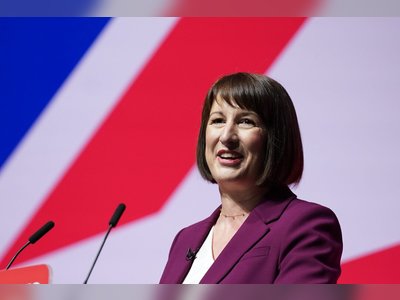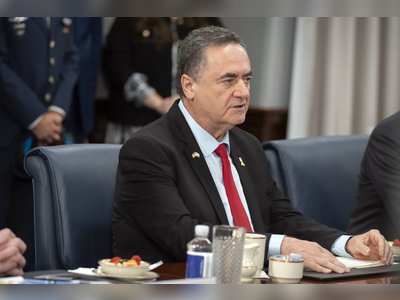How a ceasefire vote led to two days of chaos in the Commons
A parliamentary session on a ceasefire between Israel and Gaza turned contentious, leading to an uproar in the UK's House of Commons.
Despite cross-party calls for a truce, debates degenerated, resulting in an SNP and Conservative walkout.
The session's focus was an SNP-proposed motion, criticizing Israel for alleged collective punishment on Gazans.
This proposal was seen as a strategy to spotlight divisions within Labour, as it forced Labour MPs to choose between supporting an immediate ceasefire or siding with party leadership, which opposed the motion's language.
Labour introduced a counter-amendment, followed by a Conservative amendment, which conventionally supersedes Labour's due to party procedure.
In an unexpected move, Speaker Lindsay Hoyle allowed both amendments to be debated, contrary to standard practice. This decision sparked outrage among SNP and Conservative members, who then exited the chamber in protest, enabling Labour's amendment to prevail.
The subsequent day, MPs challenged Hoyle's leadership, with some demanding his resignation and submitting no-confidence letters. Hoyle expressed regret and concerns for MPs' safety over potential party discipline for supporting a ceasefire.
Jess Phillips, MP for Birmingham and Yardley and former shadow cabinet member, criticized the political chaos during such a critical debate.
She highlighted the disarray among MPs on the issue and defended Hoyle, suggesting he meant well. Nevertheless, Phillips condemned using the ceasefire debate for partisan tactics, underlining the gravity of the matter at hand.
The session's focus was an SNP-proposed motion, criticizing Israel for alleged collective punishment on Gazans.
This proposal was seen as a strategy to spotlight divisions within Labour, as it forced Labour MPs to choose between supporting an immediate ceasefire or siding with party leadership, which opposed the motion's language.
Labour introduced a counter-amendment, followed by a Conservative amendment, which conventionally supersedes Labour's due to party procedure.
In an unexpected move, Speaker Lindsay Hoyle allowed both amendments to be debated, contrary to standard practice. This decision sparked outrage among SNP and Conservative members, who then exited the chamber in protest, enabling Labour's amendment to prevail.
The subsequent day, MPs challenged Hoyle's leadership, with some demanding his resignation and submitting no-confidence letters. Hoyle expressed regret and concerns for MPs' safety over potential party discipline for supporting a ceasefire.
Jess Phillips, MP for Birmingham and Yardley and former shadow cabinet member, criticized the political chaos during such a critical debate.
She highlighted the disarray among MPs on the issue and defended Hoyle, suggesting he meant well. Nevertheless, Phillips condemned using the ceasefire debate for partisan tactics, underlining the gravity of the matter at hand.




















